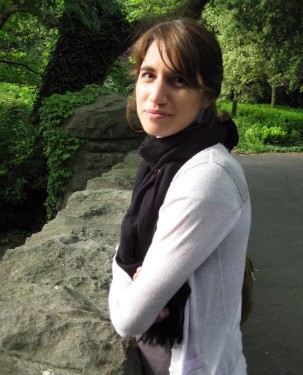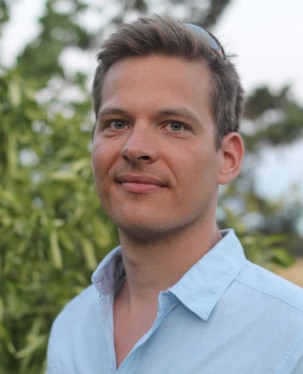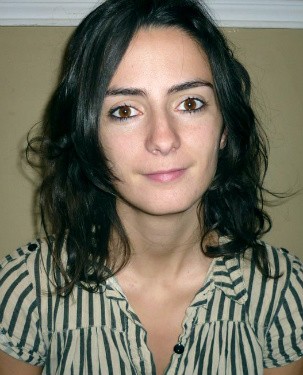Among the scholars who will speaking include four Concordia students and graduates.Marie-Eve Chagnon, PhD 12, is one of them.
In 2013, Chagnon was awarded the Association des doyens des études supérieures au Québec’s prestigious Prix d’excellence for her PhD thesis, which examined the European scientific community at the beginning of the 20th century. She was supervised by Norman Ingram — a professor in Concordia's Department of History and co-organizer, with UQAM's Michel Hébert, of the French Historical Studies conference.
“This is a unique opportunity to meet and listen to the greatest historians of the community talk about the still-burning debates on the causes of the First World War, the war itself and its aftermath,” she says.
Chagnon will be presenting part of her post-doctoral research project — which she is undertaking at the Université de Montréal — on the role American scientists played in the reconciliation of the international scientific community during the interwar period.
“The aim of my presentation is to demonstrate how French scientists heartily supported the exclusion of German science from international scientific organizations and feared collaboration with the scientists of neutral countries, whereas France's allies were more nuanced on these questions and rapidly sought to reduce tensions through international collaboration,” she says.
 Marie-Eve Chagnon earned the Prix d’excellence from the Association des doyens des études supérieures au Québec for her PhD thesis.
Marie-Eve Chagnon earned the Prix d’excellence from the Association des doyens des études supérieures au Québec for her PhD thesis.
 Sebastian Döderlein’s work explores the response to the return of French rule to the territory of Alsace-Lorraine at the end of the First World War.
Sebastian Döderlein’s work explores the response to the return of French rule to the territory of Alsace-Lorraine at the end of the First World War.
 Audrey Mallet: “My paper investigates what has been at stake for the city of Vichy in dealing with a legacy that she deems to be France’s, not hers.”
Audrey Mallet: “My paper investigates what has been at stake for the city of Vichy in dealing with a legacy that she deems to be France’s, not hers.”